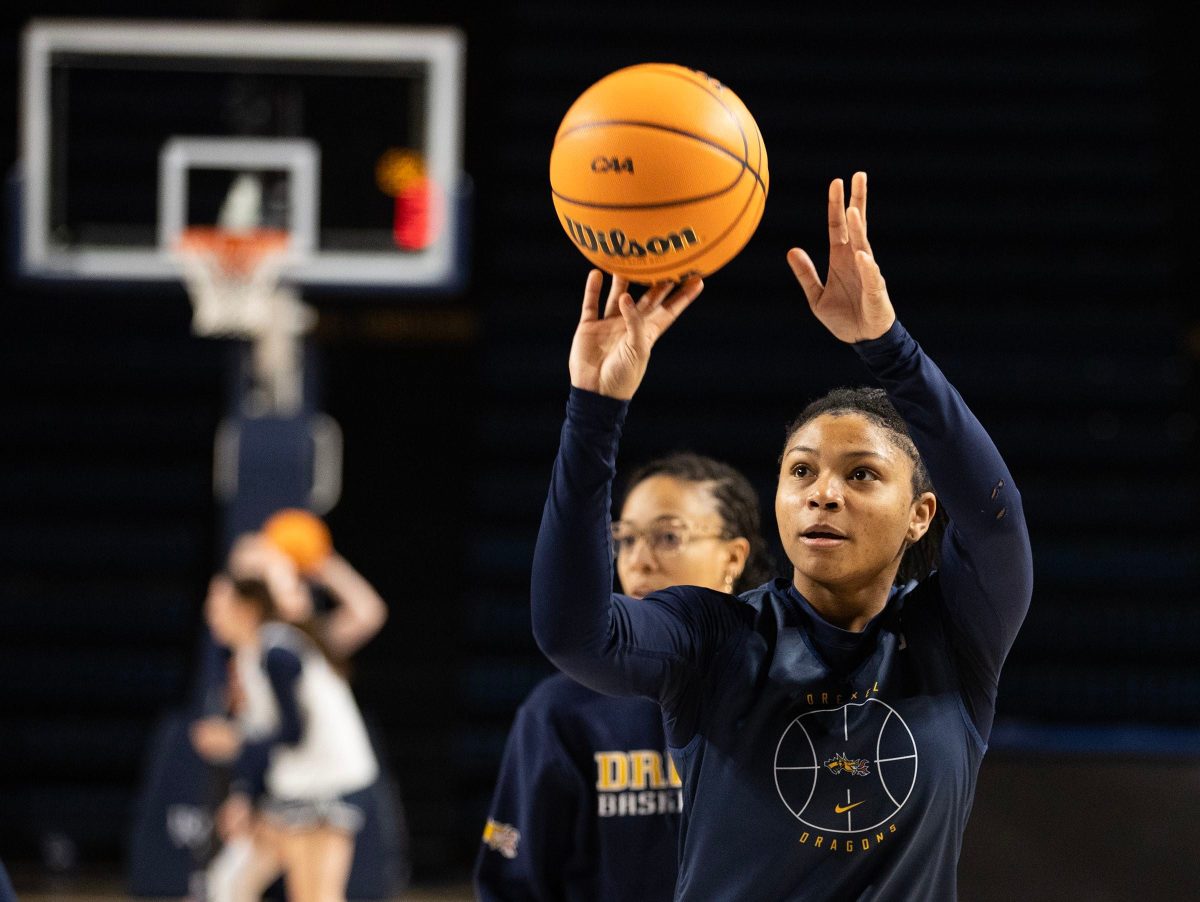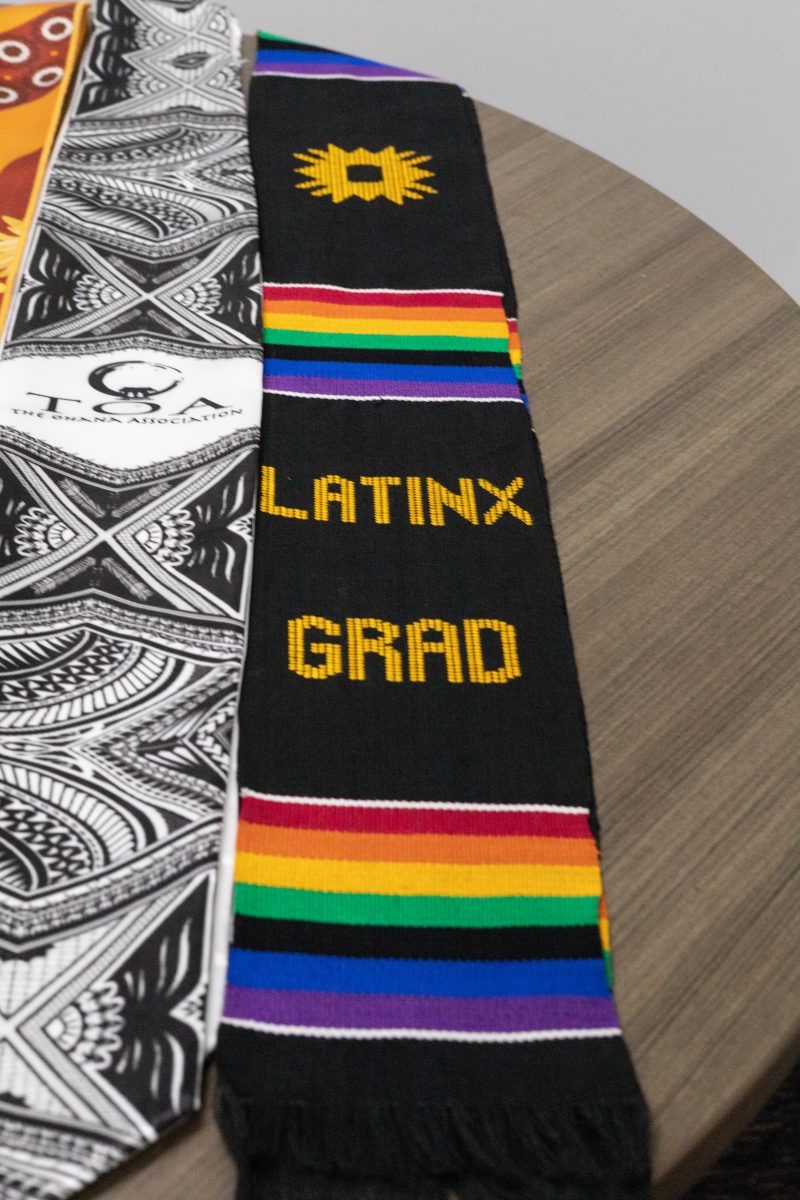Students and faculty shuffled into Weber State University’s Center for Diversity and Unity on Wednesday to attend the last Taboo Talks of the semester. The focus of the discussion was on rape culture, as April is Sexual Assault Awareness Month.
Amy Pittman, the Common Ground chair for the CDU, said the goal of the discussion was to explore why victims often get blamed for being attacked.
“I am trying to dispel myths and raise awareness that rape is an ongoing issue,” Pittman said. “We need to educate both men and women to change their perceptions so rape can be prevented.”
The four panelists were WSU LGBT advocate Karlee Berezay; diversity vice president Lola Moli; Marjukka Ollilainen, department chair for sociology and anthropology; and Tamara Robinette, a counselor from the Center for Counseling and Psychological Services.
Pittman started out the conversation by educating attendees about the Steubenville rape case, in which two male high school football players videotaped, photographed, shamed and raped a female high school student while attending a party on the evening of Aug. 12, 2012.
The male students were found guilty and sentenced to juvenile detention on March 17, 2013. Pittman noted that the girl was mocked for sharing what happened to her. She asked the panel and audience, “Why do we blame the victim?”
Moli said girls and women are automatically questioned as to why they put themselves in dangerous situations.
“A lot of people will think ‘she should have known’ that going to those parties would carry certain risks,” she said. “Girls get blamed a lot more than they should.”
Berezay echoed Moli’s thoughts.
“We have devalued the victim’s voice to such a point that the perpetrator does not feel bad for their actions,” Berezay said. “By allowing this attitude, our society essentially says, ‘We don’t feel bad either.’”
Ollilainen, who has studied these types of sociological behaviors, said the idea that women are weak and unable to make decisions for themselves is unfortunately perpetuated within the culture.
“Football is such a strong and powerful way to understand masculinity, which causes our society to look up to men,” Ollilainen said. “The idea of protecting the male and male status has caused us to see women as vulnerable, rather than educated and powerful.”
Robinette reiterated that the focus is almost never on the rapist’s behavior, but the victim’s.
“We scrutinize the actions of the rape victim,” she said. “We ask, ‘What could you have done to stop this?’ or make judgments that she should have known what would happen at those parties. The focus really needs to be on the rapist, and why they chose to treat the victim as they did.”
Pittman emphasized that the culture has trivialized men’s action into nothing more than barbaric behavior. Society sees them as not being able to control themselves. Ollilainen said, adding, “If I was a guy, I would be extremely offended that our culture seems to think that I have no control over myself.”
Joshua White, a freshman pursuing a Bachelor of Integrated Studies degree, said he feels the culture is one of entitlement and that, when two people are getting to know each other, often one person will try to push their ideas on the other.
“I was talking and flirting with a guy one time, and all of a sudden, he brought a sexual approach into our conversation. I didn’t want that,” White said. “Afterwards, my friends said it was my fault it happened, because I was flirting. It is not my responsibility to worry about offending someone who is acting towards me in a predatory way.”
Pittman also shared Elizabeth Smart’s story. After Brian David Mitchell abducted Smart when she was 14, he held her captive for nine months before she was found on the streets of Salt Lake City. In an interview at Johns Hopkins University, Smart shared an experience she had with a teacher of hers.
“My teacher was talking about abstinence,” Smart said in the interview. “‘Imagine you’re a stick of gum. When you engage in sex, that’s like getting chewed. If you do that all the time, you’ll become an old piece of gum, and who’s going to want you after that?’ That’s terrible! Nobody should ever say that. Especially for someone like myself, who was raped repeatedly. You should not be led to feel like you have no worth. You do have worth.”
Pittman concluded with one last question, asking how each person there could support someone who has been assaulted or raped.
Moli answered by emphasizing that victims are no different than “you or I. If someone tells you they have been assaulted or raped, tell someone. Do not treat them differently, as if they are broken. Just help them through their traumatic event and be a good friend.”
To report an assault or rape that happened on campus, anyone can call police assistance at 801-626-6460.




















